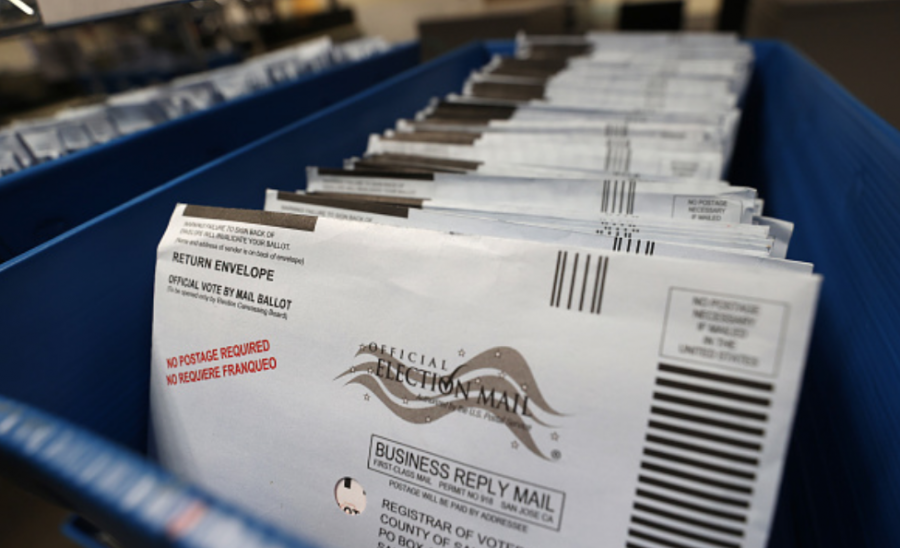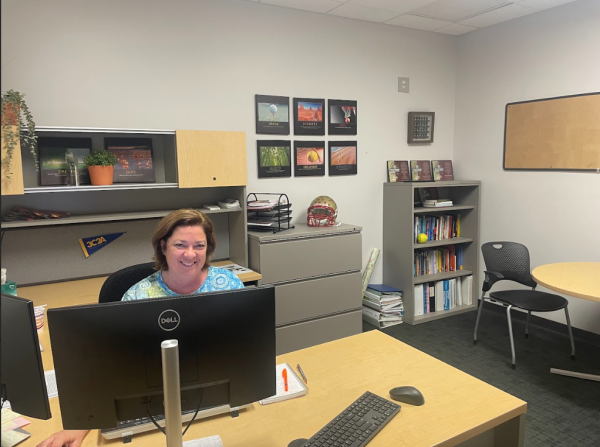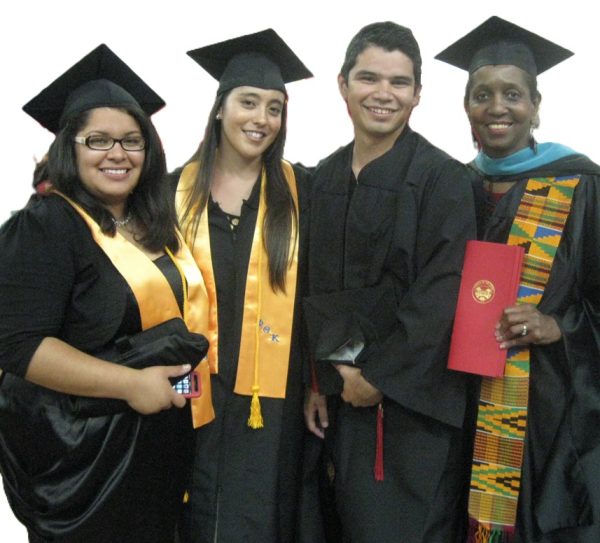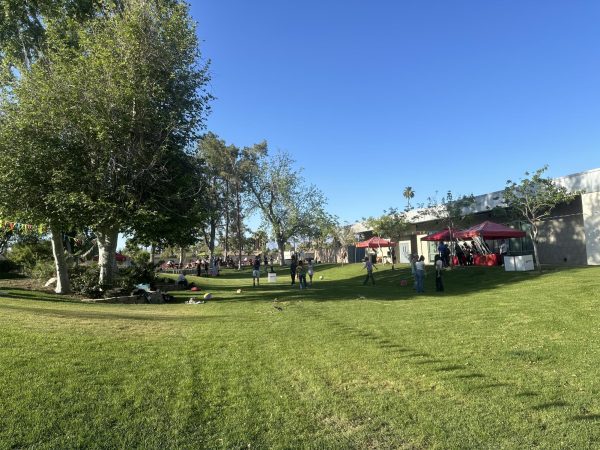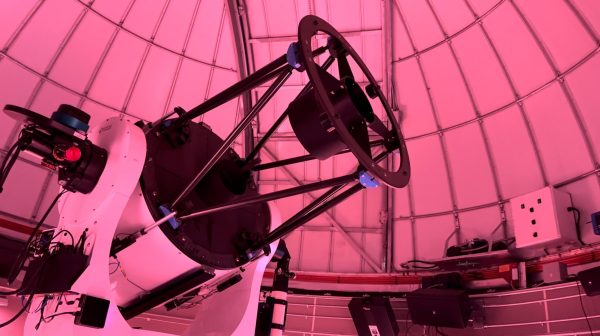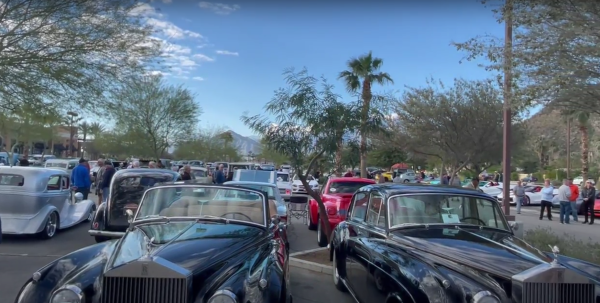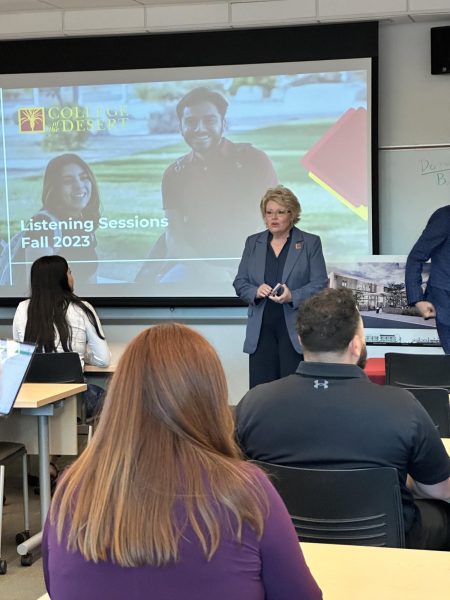Global pandemic impacts the upcoming election
From the ongoing coronavirus pandemic to voter fraud conspiracies, the climate of the upcoming election is unprecedented. Jean Martinez, a current student at COD, and Karli Wilson, a former COD student, shared their thoughts on the upcoming presidential election and potential concerns with voting during the coronavirus pandemic.
Martinez, 66, remains mindful of her health during the pandemic while considering her age and former cancer diagnosis. “This puts me in a high-risk category, and I practice avoiding all potentially populated areas,” she said. “As a respiratory therapist, I recognize COVID-19 as a virus not to be taken lightly.” Despite these considerations and the upcoming election climate, as one marked by voter fraud conspiracies, Martinez remains confident in her local voting process.
“I have no concerns my ballot would be tampered with and have full confidence in the voting process where I live,” said Martinez. “I am concerned that it may not be the case in other parts of the country. We must have unobstructed access to voting.”
Martinez will be voting by mail and will send her ballot in early. “I may opt to put it in a dropbox at city hall instead of mailing back,” she said. “I feel that would be more immediate for handling my ballot to the county. I do want my vote counted and will do my part to expedite the process by being informed and responsibly exercising my civic duty in a timely manner.”
Martinez notes the stressors of COVID-19 in the upcoming election. “It is challenging to get relief, and many experience a stark lack of stability consequential to this pandemic,” she said. “It is like living your life during an earthquake that never stops. People need to have confidence, and leadership understands and supports them. Voting this election gives hope and hope sustains.”
Karli Wilson, 44, will also be voting by mail and expresses no concerns with the voting process. “I don’t have any concerns,” she said. “I usually vote absentee anyway, so I’m very comfortable with mail-in voting. There’s always a certain risk of fraud in any medium of voting, and I don’t think one over the other poses any greater risk.”
Wilson normally uses an absentee ballot to take the necessary time to research. She emphasized the unprecedented climate of the upcoming election, “It’s 2020. A historic year. A pandemic, civil rights movement, the biggest divide between and within political parties. I can definitely say that I haven’t experienced a voting climate like this current one.”
Wilson also noted the significant impact of COVID-19 on the upcoming election. “COVID has unfortunately been politicized in this country instead of treated like the health issue it is,” she said. “It has created huge divides between listening to scientists and politicians. I think mail-in voting would have been a hot topic with or without COVID, but our current administration set the tone, and the fires stoked way before.”
Bryan Lee, a political science instructor at College of the Desert, shared his thoughts on voter mail-in voter fraud and its current conspiracies. “There is no evidence of widespread mail-in voting fraud,” he said. “However, there are ways that one could commit voter fraud via the mail.”
Lee said someone could theoretically commit voter fraud by casting two votes in various states or by submitting an absentee ballot while also voting in-person.
“Most jurisdictions have measures that they take to prevent this,” Lee said. “For example, some jurisdictions require that if someone has received an absentee ballot, they must surrender their absentee ballot at the polling place before they can vote in-person. If there are any questions about someone’s eligibility to vote, they are allowed to cast a provisional ballot that allows them to record their vote. If they are later deemed to be ineligible to vote, then their ballot is thrown out.”
Lee said that mail-in voting fraud is not a widespread problem. “While we need to be vigilant about electoral security, I do not believe that mail-in voter fraud is a widespread problem. Multiple studies that have been conducted on this topic have failed to uncover evidence of widespread voter fraud. These studies indicate that voter fraud is exceedingly rare.”
Lee does acknowledge previous individual cases of voter fraud, such as in the 2018 midterm elections, when Mark Harris was running for a seat in the House of Representatives. “A political consultant that was hired by his campaign was found to have illegally harvested and tampered with absentee ballots,” Lee said. “This act of voter fraud forced the North Carolina Board of Elections to nullify the election results and redo the election. High profile instances of voter fraud are extremely damaging as they can cause the public to lose trust in the system. However, given how rare voter fraud is, I would argue that the fact that these instances of voter fraud are detected and remedied is a sign that the system is working how it is supposed to.”
Lee encourages people to vote to make your voice heard and legitimize the election with your participation, as long as elections remain somewhat free and fair.
There are many ways people can participate in a democracy. Lee suggests, “Attending a protest or political rally, volunteering for a cause you care about or attending public government meetings.”
For more information on voter registration, visit registertovote.ca.gov

Sam is pursuing a Journalism AA-T Degree at College of the Desert. She is looking to combine her passions for sports and writing through a career in sports...

